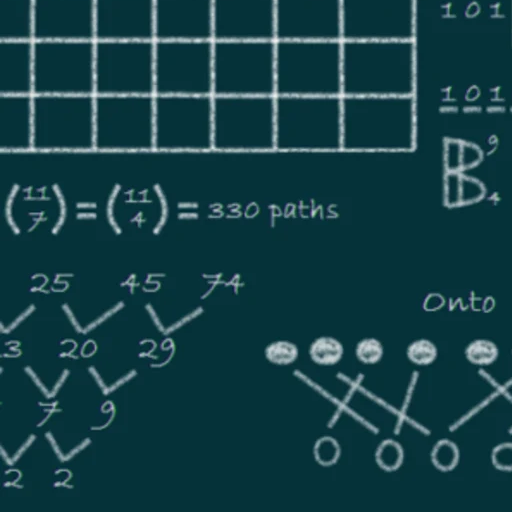
Data Structures And Algorithms
The computer science concept we all love to hate. However, it is vital to master them to pass tech interviews, especially those at Big Tech.
Explore Interview QuestionsTaro 75Google Interview QuestionsMeta Interview QuestionsAmazon Interview QuestionsApple Interview QuestionsNetflix Interview Questions
Explore Interview ExperiencesOpenAI Interview ExperiencesAnthropic Interview ExperiencesPerplexity Interview ExperiencesWindsurf Interview ExperiencesMistral AI Interview Experiences